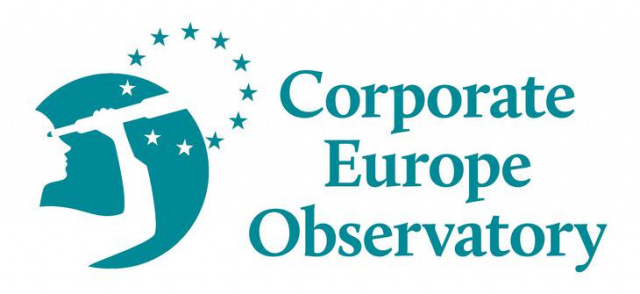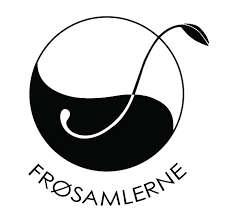26 June 2017 On Wednesday this week, the 38 contracting states of the European Patent Office will meet in La Hague to make a decision on the future interpretation of existing prohibitions in European patent law in regard to the breeding of plants and animals. The EU Parliament and the EU Commission are demanding that such patents are confined to genetic engineering. According to a proposal presented by the EPO, some of these patents will indeed no longer be granted in future. However, at the same time, new loopholes are being created that will allow the avoidance of the relevant prohibitions. Consequently, it is more than likely that there will be an overall increase in the number of patents granted on conventional breeding. European patent law already prohibits patents on “essentially biological processes” i.e. breeding processes that do not use genetic engineering for the breeding of plants and animals. Nevertheless, the EPO has in the past granted several patents on plants bred through crossing and selection or other random processes, such as mutations. According to current proposal of the EPO, in future patents will only be refused if they claim plants or animals directly produced by crossing and selection. However, the prohibitions will become immediately ineffective and invalid for these plants or animals if a specific genetic condition is claimed. There is no clear distinction foreseen in the proposal between conventional methods of breeding and genetic engineering: If plants with specific genetic characteristics are patented, then all plants with such traits will be covered by the patent, regardless of whether they are derived from methods of genetic engineering or from conventional breeding. In effect, the EPO is fulfilling demands from industry by declaring that plants and animals are patentable if genetic characteristics are described in detail in the patents, no matter how these were achieved. „The EPO wants to continue granting monopolies on conventional seeds to giant corporates, such as Bayer and Monsanto. Even plants and animals that show random genetic combinations will explicitly be considered to be patentable inventions,” says Erling Frederiksen from NOAH in Denmark. “The EPO is thereby undermining the broad consensus in civil society and amongst politicians that patents on the conventional breeding of plants and animals must be prohibited.” The patents on barley and beer granted to Carlsberg & Heineken are just one example. In 2016, the companies were granted two patents on barley plants that produce kernels with random mutations. A third patent claims plants resulting from the crossing of the two barley varieties claimed in the other two patents. The patent covers the barley, the brewing process and the beer brewed with the barley. Many civil society organisations have filed oppositions against these patents. However, if the proposal of the EPO is adopted, it is unlikely that these patents will be revoked. A further coup of the patent industry: Individual cells isolated from plants and animals will be regarded as patentable. These patents would also cover all plants and animals consisting of these cells. “These new provisions are likely to render the initiative of the EU Commission ineffective. Patent attorneys and companies know exactly how to apply the rules to circumvent the prohibitions,” says Katherine Dolan from Arche Noah, Austria. “In fact, industry was directly involved in drawing up these proposals.” If plants or animals are patented, other breeders can no longer use those plants or animals or, if they do want to use them, they need to apply for a licence. As yet, all conventionally bred varieties on the market can be freely accessed for further breeding. The “monopoly” patents are primarily in the interests of the largest companies. On the other hand, small- and medium-sized breeders are coming under increased pressure, and fear being squeezed out of the market or taken over by the seed giants. Farmers and consumers alike will become more and more dependent on corporations such as Monsanto and Bayer, which together already control more than 25 percent of the global seed market. “Politicians must now take preventive measures to stop resources needed for the production of our daily food being sold out to industry. But according to our information, several national governments want to adopt the proposal and are seemingly unaware of the real consequences,” says Christoph Then for the coalition of No Patents on Seeds! “What we are demanding is that patents on conventional breeding are completely prohibited.” No Patents on Seeds! has now sent an urgent letter to the national governments demanding several changes to the EPO proposal. A request has been made to reject the proposal if it is not subjected to substantial changes. Contacts Erling Frederiksen, Tel: + 45 28212989, erling.frederiksen@gmail.com Katherine Dolan, Arche Noah: Tel +43 (0) 676 557 4408, katherine.dolan@arche-noah.at Christoph Then, spokesperson for No Patents on Seeds!, Tel +49 (0) 151 54638040, info@no-patents-on-seeds.org Further informations: The proposal made for adoption in the Administrative Council: http://no-patents-on-seeds.org/en/information/background/proposal-admin… Comments presented by No Patents on Seeds!: http://no-patents-on-seeds.org/en/information/background/annex-letter-m…
Important political decision on prohibitions in European patent law expected this week
Downloads













